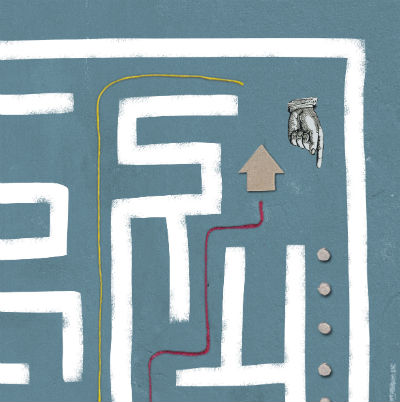Submitted by jhortolani on
This report is part of CRIN's access to justice for children project, looking at the status of the Convention on the Rights of the Child (CRC) in national law, the status of children involved in legal proceedings, the legal means to challenge violations of children’s rights and the practical considerations involved in challenging violations.
Timor-Leste adopted the CRC soon after the country’s independence in 2003. Although it has been incorporated into national legislation through a parliamentary decree and has supra-legal force, as granted by the Constitution, it is seldom applied in court cases. A Children’s Code is currently being drafted and should lead to more comprehensive legislation regarding children’s rights in the future, including provisions guaranteeing children’s right to be heard in court and special provisions regarding children giving evidence. Children, defined as people under 17 years of age, must generally bring cases through their representatives, except if there is a conflict of interests. Complaints can also be lodged with the office of the Ombudsman for Human Rights and Justice. Constitutional claims to challenge children’s rights violations can currently not be brought in front of any court seeing that a Constitutional Court, as envisaged by the Constitution, is yet to be established. Nonetheless, group litigation is possible and non-governmental organisations are allowed to file claims.

